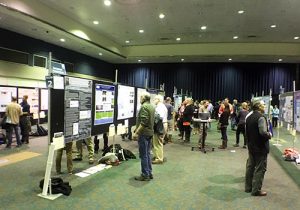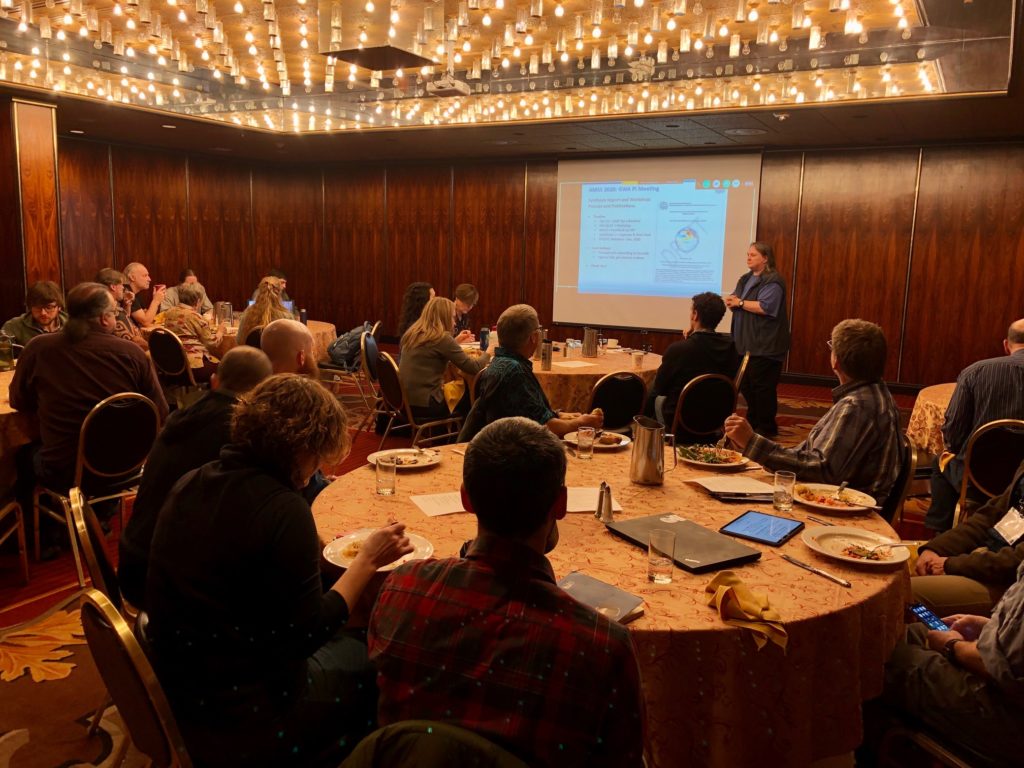The Gulf Watch Alaska program participated from January 27-31 in the 2020 Alaska Marine Science Symposium in Anchorage, Alaska. The symposium is Alaska’s premier marine research conference, bringing together over 700 scientists, educators, resource managers, students, and interested public to discuss the latest marine research being conducted in Alaskan waters. Each day of the conference highlights important Alaskan marine ecosystems, including the Gulf of Alaska session on January 28 that featured many Gulf Watch Alaska talks. The Alaska Marine Science Symposium uniquely convenes all presentations during one combined plenary session (as opposed to split sessions) to maximize the sharing of information with the entire audience.
Researchers from the Gulf Watch Alaska program were authors of two oral presentations and 12 posters featured in two different sessions. Presentations covered climate and oceanography, ecosystem perspectives, lower trophic levels, and new discoveries about the biology of plankton, infauna, fish, birds, and mammals. Highlighted was a presentation given by Rob Suryan, entitled “Ecosystem Response to a Prolonged Marine Heatwave in the Gulf of Alaska: Perspectives from Gulf Watch Alaska” about the impacts of the recent North Pacific ocean “heat wave,” 25 years of Exxon Valdez oil spill experience, newly discovered ecosystem connections, human/resource connections, and many other subjects of direct relevance to response and restoration in Prince William Sound and the Gulf of Alaska.

The following talks were presented by Gulf Watch Alaska researchers. A list of all the Gulf Watch Alaska presentations and posters can be found here.
Throughout the symposium, the Gulf Watch Alaska program also engaged in separate discussions with Alaskan colleagues on current and planned research and monitoring activities. Additionally, a program-wide meeting was held on January 28 as an opportunity to coordinate on program activities, share research updates, and plan annual activities.





